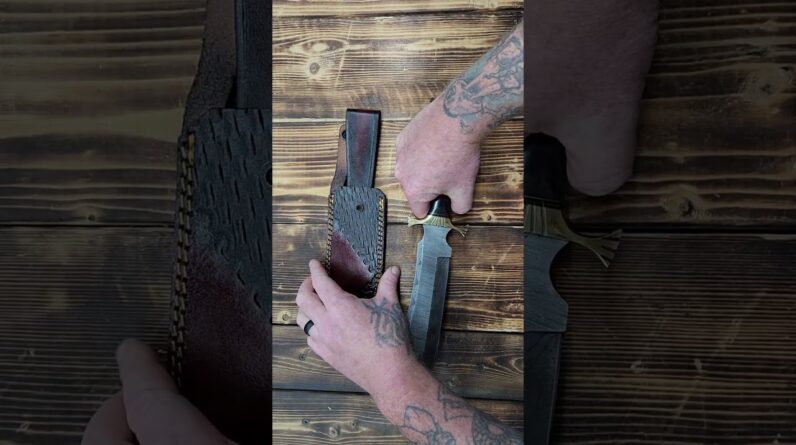
Survival Prepping Tips – Doomsday Prepper Survival Shelter Ideas
There are many benefits to survival prepping. Having the right supplies and tools can help you avoid disasters that cause massive destruction. For instance, having a safe place to hunker down in is an essential part of prepping. Other benefits include having a place to store food and water and being armed with weapons. Ultimately, survival prepping is about preparing for what the world might throw at us. However, before you do anything, make sure that you understand what this means.
One important step in survival prepping is knowing your route to bug out safely. You can avoid ambushes by knowing where to hide your bug-out bags and survival caches are located. You should also know where your stockpiles are. The McClung family discussed their bugging-in plans with a few friends. But they tried to stay under the radar as much as possible. They painted their home orange and hung neon “Loot Here” signs on the windows. If an armed hoard comes, it may take them a week or two to get out of the house.
Another tip for survival prepping is to prepare your home for a prolonged live-in situation. Although you may be prepared for a short-term emergency, it’s always better to be prepared for the worst-case scenario. For example, if the current pandemic is a global epidemic, you may want to prepare your home for six months to a year of hibernation. In this case, you would want to have plenty of water, food, and medicine in the home.
It’s a good idea to build a stockpile of food and water for 72 hours. That way, if the SHTF happens, you’ll have more food and water. And if the SHTF comes sooner rather than later, you’ll have a base of supplies for the next days. From there, you can improvise the rest. But you must be prepared for the worst case scenario and be proactive to protect yourself.
For more information on survival prepping, listen to Survival Podcast. The show’s host, Ken Jensen, interviews military and prepper experts on topics like bug-out, blackout, and off-grid living. Despite being a podcast, it has been in production since 2012, and can be heard on most podcast platforms. If you’d like to get the latest news and information on prepping, it’s definitely worth listening to.
For food, survivalists should also know how to cook and preserve food. Without a sustainable food supply, food would become scarce. Survivalists should be prepared for urban and wilderness situations, and have shelters and food supplies stocked in a bug-out bag. This is especially important in case of civil unrest or a deadly virus. Also, prepping for a disaster means having enough supplies and food to live on for months, even years.
Survival prepping involves preparing one’s mind for possible situations. You can study survival techniques all your life, stockpiling food storage, fortifying your home against bandits, and even planning escape routes to the wilderness. However, the hardest part is to train your mind to be ready for any situation. Preparing for such a situation can help you prepare for the future. Whether you need to protect yourself and your family or fend off an invading force, survival skills are necessary.
As a general rule, survival prepping consists of preparing for a variety of disaster scenarios. For example, an earthquake might force you to evacuate your home, utility gas would be turned off to prevent fires. A civil unrest may develop outside your home. Or you might have a home intruder or a domestic violence situation. If this happens, survival prepping can help you avoid these scenarios by preparing an emergency go-bag that includes the basics and essentials.
In addition to preparing for disaster, you should learn how to prepare for economic depression. It may sound too simple, but economic depression is a real possibility. You’ll need to make sure you are prepared for it, but it will be worth it. Learning new survival skills can be fun! Listed below are some of the best books to get you started. Just be sure to read reviews and choose the one that best meets your needs. Hope you enjoy reading and planning!
Podcasts about prepping include topics such as building a bug-out shelter, personal hygiene, and cooking. You can learn about how to build a bug-out shelter and hunt for food and water. Survivalist Prepper also promotes self-sufficiency and avoids conspiracy theories. If you’re planning to be self-sufficient, this podcast is an excellent source of information. The podcasts also discuss topics like personal hygiene, off-grid living, and cooking.






